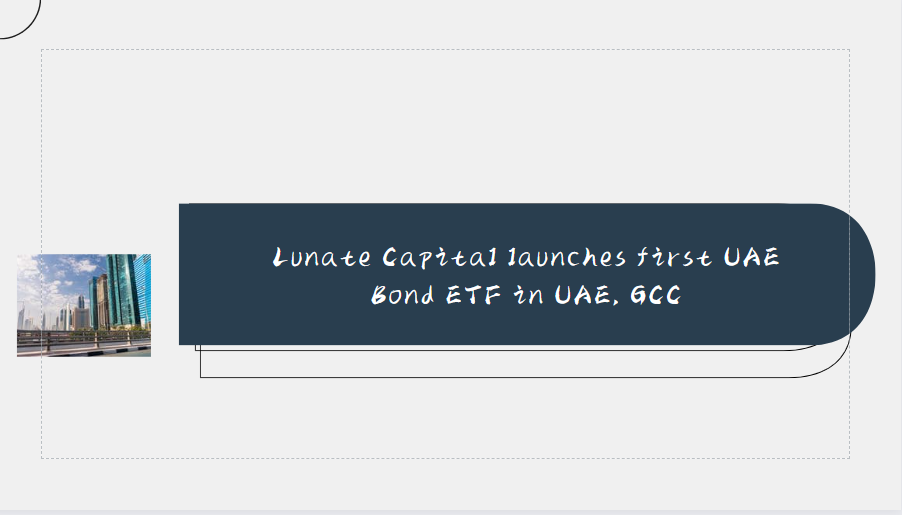Bank of Finland’s interim forecast: From significant recession towards growth
According to the Bank of Finland’s interim forecast published today, the Finnish economy is still in recession. The elevated levels of prices and interest rates are curbing private consumption and investment. Residential construction is particularly weak. Exports have also decreased. Employment has nevertheless remained robust in relation to the economic conditions, and inflation has also slowed substantially.
The interim forecast indicates a decrease of 0.5% in Finland’s gross domestic product (GDP) in 2024. The economy will begin to bounce back towards the end of the year, and the recovery will be even a little faster than projected in the Bank of Finland’s December 2023 forecast. Finland’s GDP is expected to grow by 1.7% in 2025, and by slightly less, 1.5%, in 2026.
“Although the economy’s performance has been weaker than forecast, the future outlook remains unchanged. The recession has already reached its lowest point, and we expect growth to be rekindled this year as household purchasing power strengthens and we start to see a return of general confidence in the economy,” says Bank of Finland Head of Forecasting Meri Obstbaum.
INFLATION WILL SLOW SIGNIFICANTLY AND THE EMPLOYMENT RATE WILL DIP
The employment situation has remained robust in relation to conditions in the economy, as businesses have commonly resorted to temporary layoffs instead of redundancies. A short time lag will occur before the effects of the recession are felt in the labour market, and this year we will see the employment rate among 20–64-year-olds falling to 77.2%. The number of people in employment will begin to grow in 2025, when cyclical conditions improve, but in both 2025 and 2026 the employment rate will not rise above its pre-recession level.
The fall in inflation has improved consumers’ purchasing power, with employees’ real earnings seeing a year-on-year increase in 2023. Inflation will decline further during 2024, to below 1%, but will increase slightly in 2025. Inflation will mainly be driven by a rise in services prices.
FORECAST RISKS ON THE DOWNSIDE
The risks surrounding the forecast are predominantly on the downside. Geopolitical tensions have not subsided, and the impact of these might further weaken economic growth. Euro area inflation could prove to be more persistent than anticipated, and any delay in cutting interest rates would prolong the recession. The biggest domestic risks concern the outlook in the housing market. Protracted difficulties in residential construction could impact employment more than anticipated. A continuation of industrial action would elevate the uncertainty in the forecast, as the extent and effects of such action are hard to estimate.






















































First, please LoginComment After ~